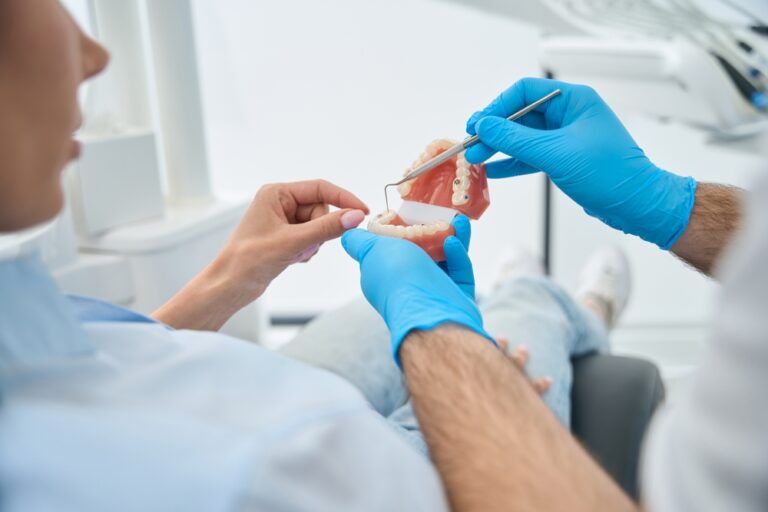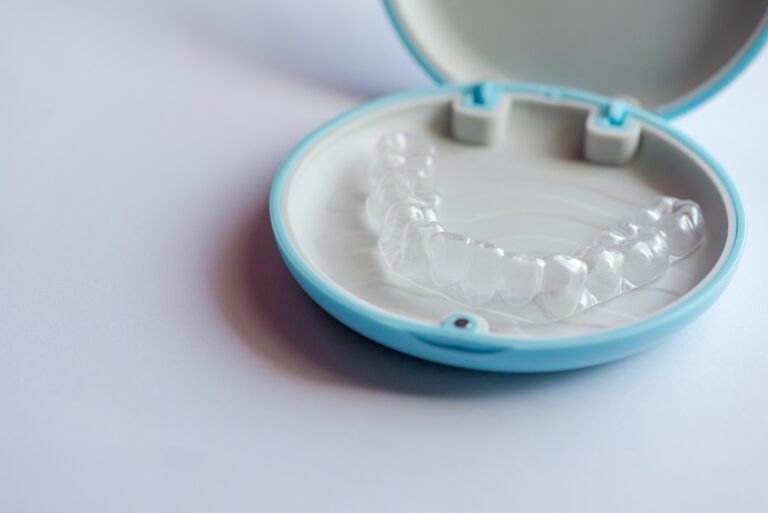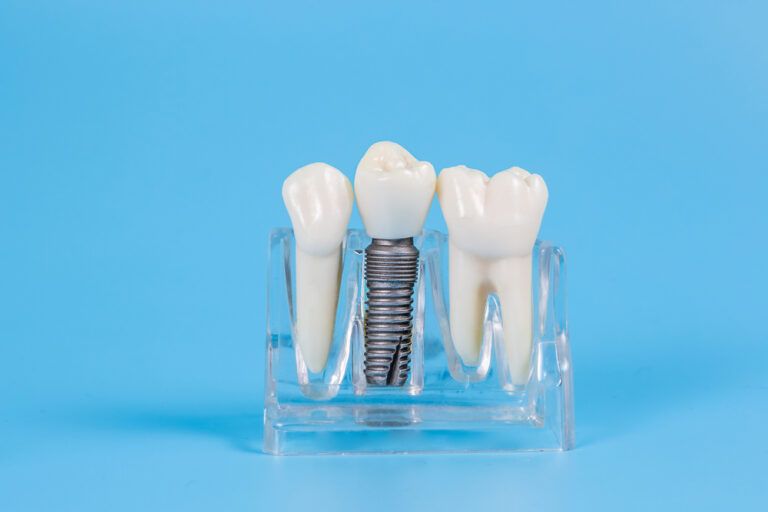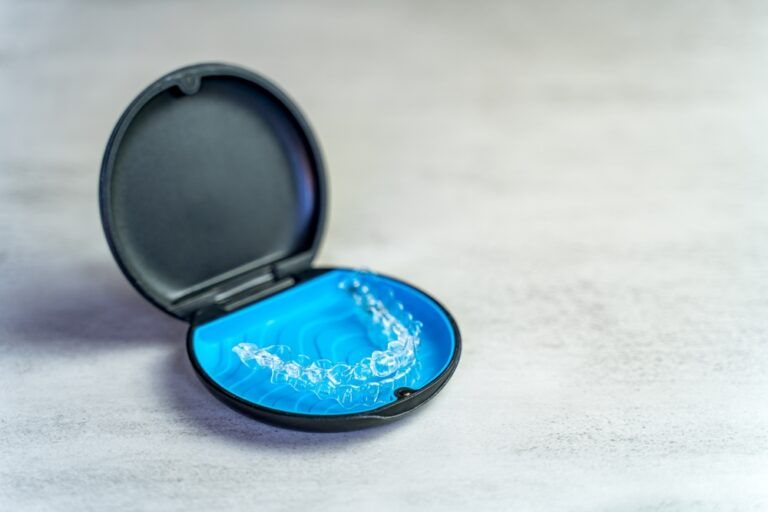The quest to understand the complexities of oral health often leads us to explore various factors, from diet to hygiene practices. However, one crucial aspect that sometimes gets overshadowed is genetics. The genetic blueprint that shapes your entire body also plays a significant role in oral health. This blog delves into how genetics can influence oral health, the implications for dental care, and what you can do to manage these genetic factors.
The Role of Genetics in Oral Health
When considering genetics, we often consider traits like eye color or height. Yet, genetics also play a pivotal role in developing your teeth, gums, and even your susceptibility to certain dental conditions. Genes can affect everything from the strength of your enamel to how your immune system responds to oral bacteria.
For example, certain genetic markers have been linked to an increased risk of periodontal disease. These genes may influence how your body responds to the bacteria that cause gum disease, leading to a higher susceptibility even with good oral hygiene. Similarly, your genes can determine the natural alignment of your teeth, making you more or less prone to conditions like malocclusion, which can require orthodontic intervention.
Common Genetic Factors Affecting Oral Health
Enamel Strength
Enamel is the hard, outer layer of your teeth that protects against decay. The strength and composition of enamel are largely determined by genetics. Some people inherit genes that make their enamel more resistant to the acids produced by bacteria in the mouth, while others may have weaker enamel that is more prone to decay. This genetic predisposition can make a significant difference in how well your teeth withstand the challenges of everyday wear and tear.
Gum Disease
Periodontal disease is a major concern for many adults, and genetics can play a substantial role in its development. Research has identified specific gene variations that increase the likelihood of developing gum disease. These genetic factors can influence how your immune system responds to bacterial plaque, potentially leading to chronic inflammation and the breakdown of gum tissue. If you have a family history of gum disease, you may need to take extra precautions to protect your oral health.
Tooth Decay
Tooth decay, one of the most common dental issues, is not solely a result of poor hygiene or diet. Genetics can predispose certain individuals to decay more than others. Genes that affect the composition of saliva, the density of enamel, and the shape of teeth can all contribute to how susceptible you are to cavities. Understanding your genetic risk can help you and your dentist develop a more personalized prevention strategy.
The Impact of Family History on Oral Health
Understanding your family history is a critical component of managing your oral health. If certain conditions, like gum disease or tooth loss, are prevalent in your family, it could indicate a genetic predisposition. Sharing this information with your dentist allows for a more tailored approach to your dental care.
For instance, if your parents or siblings have experienced early tooth loss due to gum disease, your dentist might recommend more frequent check-ups or advanced periodontal treatments to help mitigate your risk. Similarly, if there’s a history of weak enamel, your dentist may suggest additional fluoride treatments or the use of specific toothpaste to strengthen your enamel.
Managing Genetic Risks
While you can’t change your genes, you can take proactive steps to manage the risks they pose to your oral health. Regular dental visits are essential, as they allow your dentist to monitor your oral health and catch any potential issues early. In addition, adopting a personalized oral hygiene routine can help address your specific genetic vulnerabilities.
Personalized Oral Care
Given the genetic factors at play, a one-size-fits-all approach to oral care may not be effective for everyone. If you know you have a genetic predisposition to certain conditions, your dentist can recommend a customized care plan. This might include specialized toothpaste, targeted treatments, or more frequent cleanings to help mitigate the risks posed by your genetic makeup.
Lifestyle Adjustments
Lifestyle choices can also influence how your genetic predispositions affect your oral health. For example, if you’re genetically inclined to weaker enamel, limiting acidic foods and drinks can help protect your teeth. Similarly, if you’re at higher risk for gum disease, maintaining a healthy diet rich in vitamins and minerals that support gum health can be beneficial.
The Future of Genetic Testing in Dentistry
As genetic research continues to advance, the future of dentistry may include more routine use of genetic testing to assess risk factors for oral health conditions. By understanding your genetic profile, dentists could offer even more personalized care, targeting specific vulnerabilities before they develop into more serious issues.
Genetic testing could potentially identify individuals at high risk for conditions like oral cancer, enabling early intervention and improved outcomes. This proactive approach could revolutionize the way we manage oral health, shifting the focus from treatment to prevention.
Personalized Dentistry: A New Era
The integration of genetics into dental care represents a shift towards personalized medicine, where treatments and preventive measures are tailored to the individual. As we learn more about the genetic factors that influence oral health, this personalized approach will likely become the norm, offering patients more effective and targeted care.
Dr. Steve Deng is committed to staying at the forefront of these advancements at Seaport Family Dental in Redwood City, CA. By incorporating genetic insights into dental care, we can offer patients more precise treatments that address the root causes of their oral health issues.
Genetic Insights: A Path to Better Oral Health
Understanding the genetic factors that influence your oral health is not just about identifying risks—it’s about empowering you to take control of your dental care. By working closely with your dentist and being proactive about your oral hygiene, you can manage your genetic predispositions and maintain a healthy smile for life.
Sources:
- Lopez, R., Hujoel, P. P., & Belibasakis, G. N. (2020). Periodontal disease: A complex interaction of genetics, microbiology, and environmental factors. Periodontology 2000.
- Wang, X., Willing, M. C., Marazita, M. L., & Wendell, S. (2013). Genetic factors associated with dental caries susceptibility. Journal of Dental Research.
- Kinane, D. F., & Hart, T. C. (2003). Genes and gene polymorphisms associated with periodontal disease. Critical Reviews in Oral Biology & Medicine.









